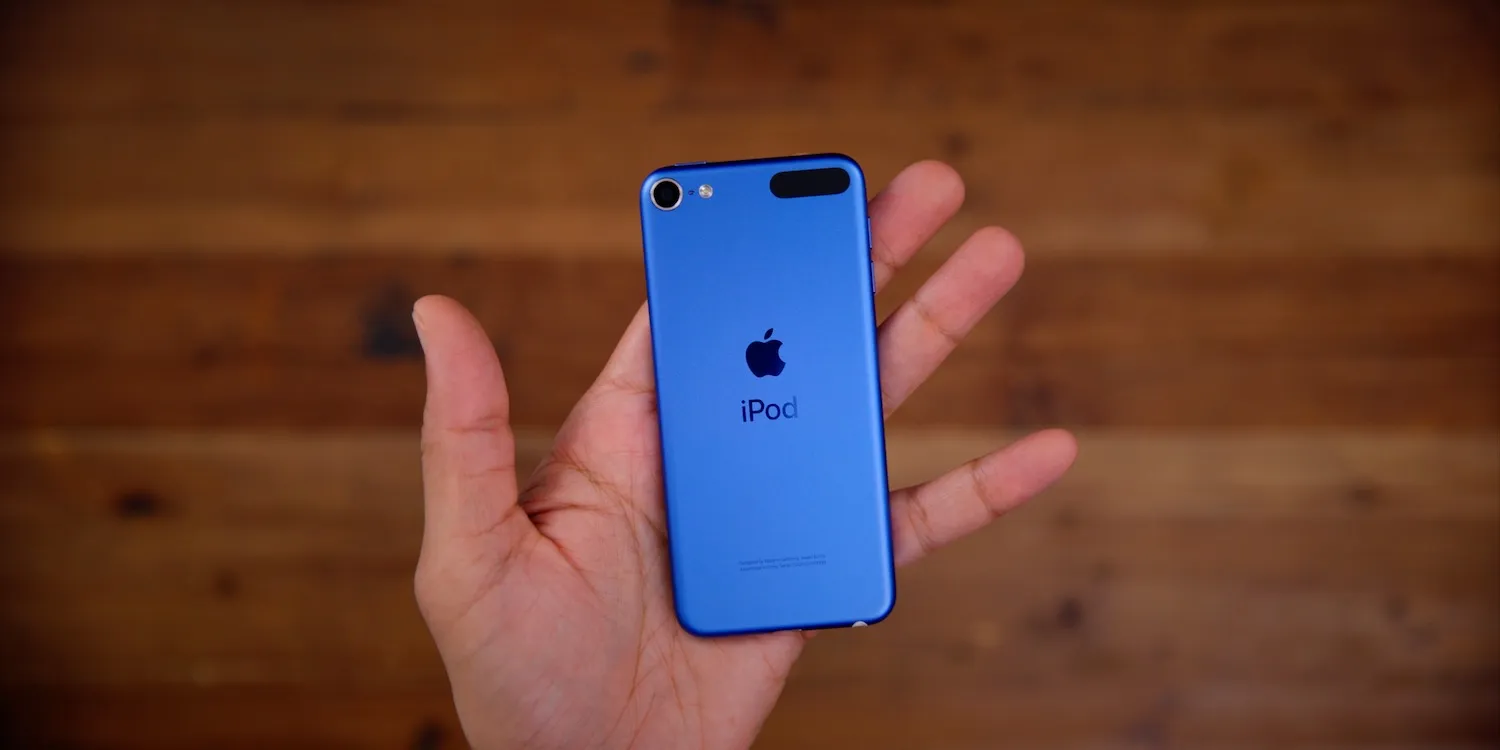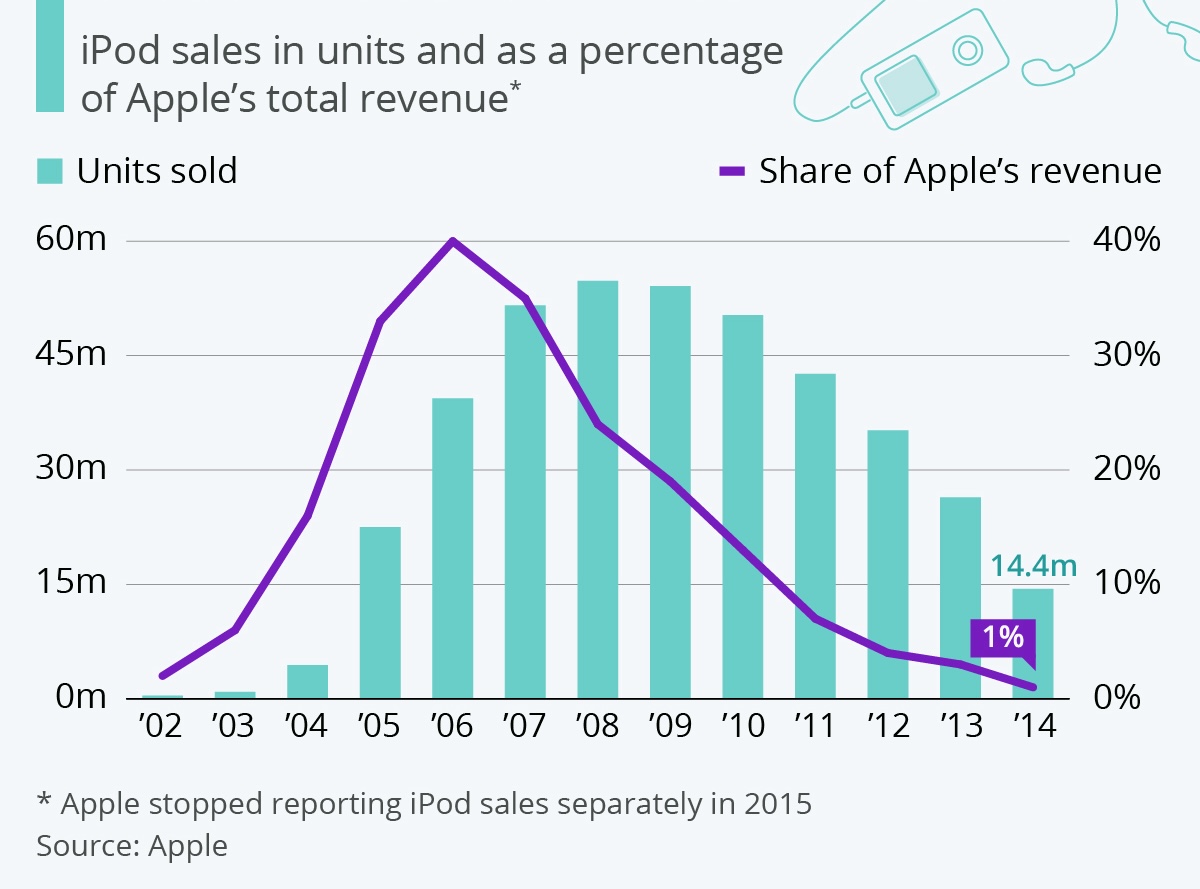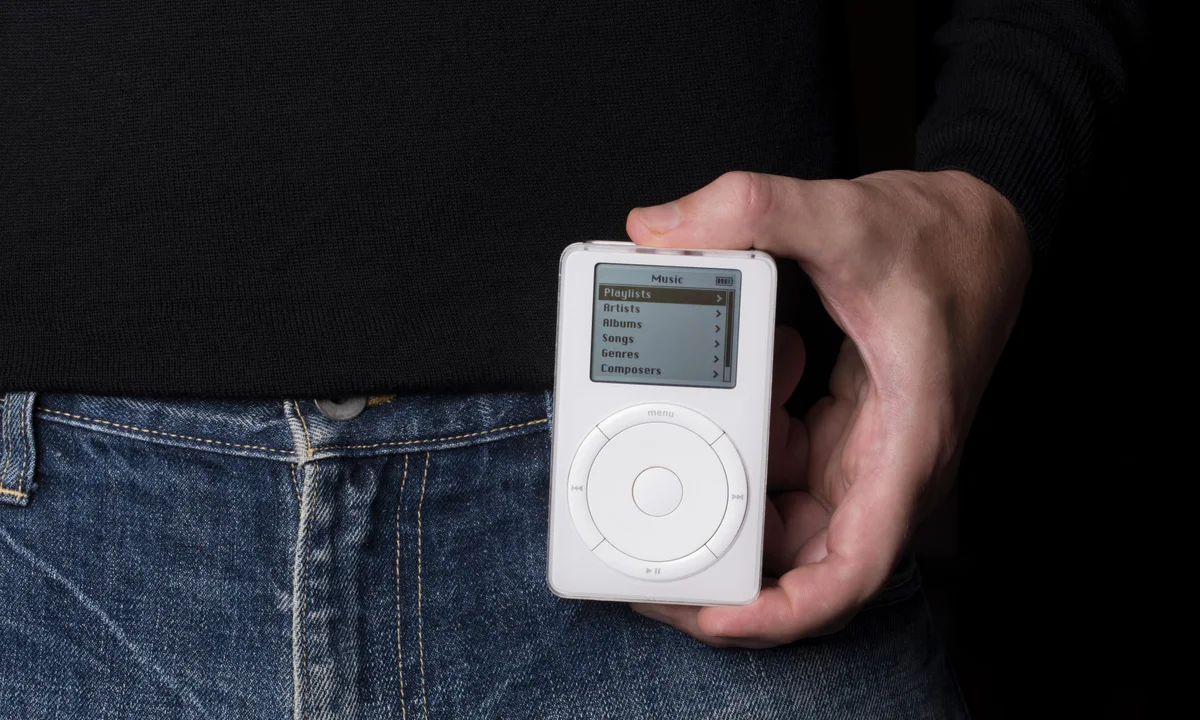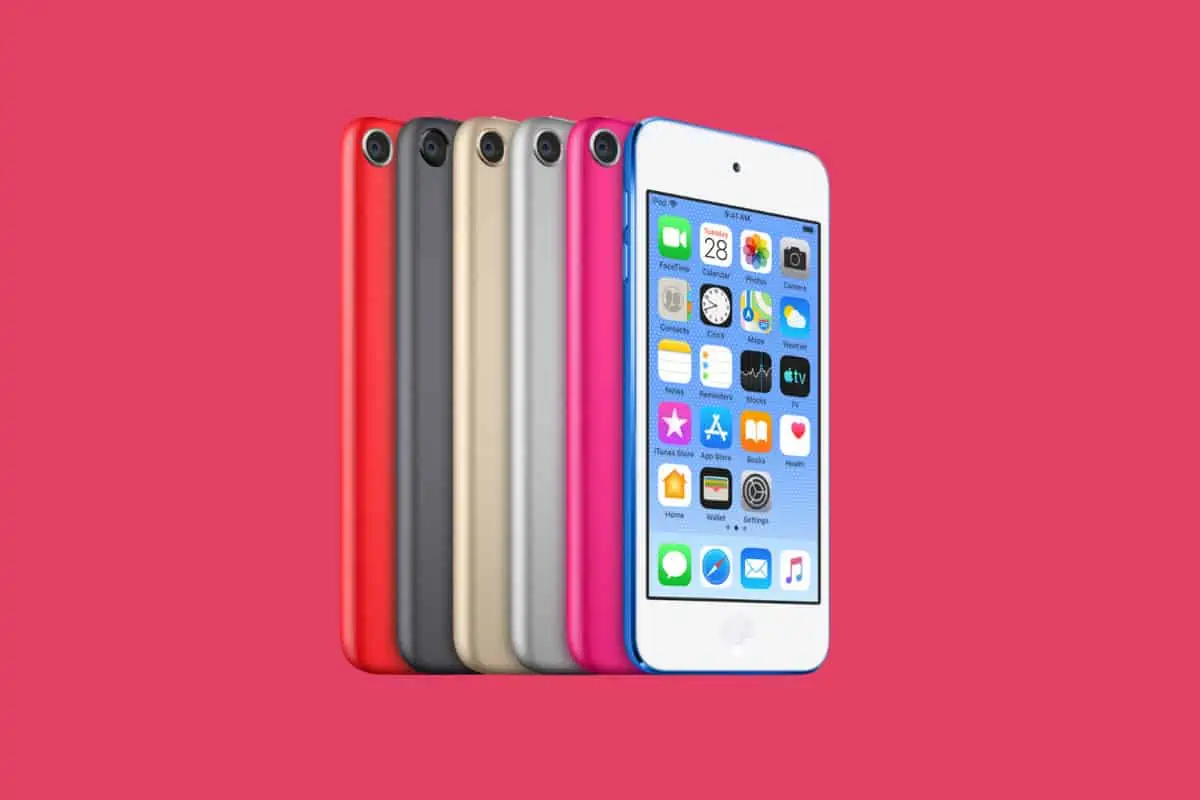Why Did Apple Discontinue the iPod?
- Ever wondered why Apple retired the beloved iPod after over two decades?
- Discover the hidden factors that led to the end of an iconic music device.
- Find out how the iPod's legacy still influences Apple's tech today.
Apple's iconic iPod, a device that once redefined portable music, officially exited the stage on May 10, 2022. This marked the end of a 22-year legacy that not only transformed how we consume music but also catapulted Apple into the ranks of tech giants.
Goodbye, iPod Touch
Apple's last remaining iPod model, the iPod Touch, was discontinued in May 2022. After selling approximately 450 million units, the iPod's journey concluded as smartphones, particularly the iPhone, rendered standalone music players redundant. "The spirit of the iPod lives on in the iPhone and Apple Watch," Apple stated, highlighting how integrated devices have taken over the roles once solely occupied by the iPod. Photo via 9to5Mac // The Apple iPod Touch represented a peak in portable music player design.
Photo via 9to5Mac // The Apple iPod Touch represented a peak in portable music player design.
From Click Wheels to Touchscreens
The iPod debuted in 2001, offering "up to 1,000 songs" in a sleek, pocket-sized device. Early models featured a black-and-white screen and a mechanical scroll wheel, which quickly became synonymous with the brand. Over the years, Apple introduced various iterations—the Mini, Nano, Shuffle, and Touch—each bringing new features and designs that kept the iPod relevant in a rapidly evolving market.
And It Sold Like Crazy
At its peak, the iPod was a juggernaut, with annual sales peaking at 55 million units. This success played a crucial role in diminishing the dominance of CDs and paving the way for today's streaming services. The iPod wasn't just a product; it was a cultural phenomenon that reshaped music consumption. Photo via Statista and Apple // Graph: Apple's iPod unit sales from 2002 to 2014.
Photo via Statista and Apple // Graph: Apple's iPod unit sales from 2002 to 2014.
The Rise of the Smartphone
So, why did Apple decide to discontinue the iPod? The answer is straightforward: smartphones, especially the iPhone, offered multifunctionality that made single-purpose devices obsolete. "Why carry around a separate device just for music when your phone can play music, check Twitter, and take mediocre photos of your lunch?" a tech analyst commented. The iPod couldn't compete with the all-in-one capabilities of modern smartphones.
Legacy and Impact
Despite its discontinuation, the iPod's legacy is undeniable. It wasn't just about sales; the iPod revolutionized the music industry by making vast libraries accessible on the go. Perhaps the iPod's greatest legacy is its reminder of the power of design, simplicity, and a focus on user experience. These principles continue to influence Apple's product designs today.
A Look Back
The iPod's journey began with Tony Fadell's vision of a pocket-sized music player, which Steve Jobs eventually embraced, leading to the launch of the first iPod in October 2001.
 Photo via Apple // The original iPod, released in 2001. Held by Steve Jobs in his classic jeans and black turtleneck attire.
Photo via Apple // The original iPod, released in 2001. Held by Steve Jobs in his classic jeans and black turtleneck attire.
Under Jon Rubinstein's leadership, the development faced challenges, including debates over storage capacity and user interface design. The result was a device that combined functionality with aesthetic appeal, setting a new standard for portable music players.
The End of an Era
By 2017, Apple had already phased out the iPod Nano and Shuffle, citing their minimal contribution to revenue and the rise of the Apple Watch and Apple Music. The final blow came with the discontinuation of the iPod Touch in 2022, signaling the end of an era.
 Photo via KnowYourMobile // The 2022 iPod Touch, the final edition before Apple axed the whole line.
Photo via KnowYourMobile // The 2022 iPod Touch, the final edition before Apple axed the whole line.
What’s Next?
For those still nostalgic about the iPod, options are dwindling. Remaining stock can be found through resellers or third-party marketplaces, but with Apple no longer supporting the device, future repairs and support are uncertain. The iPod may be gone, but it will always hold a special place in the history of Apple and personal audio technology.
Conclusion
The discontinuation of the iPod underscores a broader shift in technology towards integrated, multifunctional devices. While the iPod itself is no longer part of Apple's lineup, its influence persists in the company's continued focus on design, user experience, and seamless integration across devices. As we move forward, the melody of the iPod may fade, but its impact on how we experience music remains.
Recommended by the editors:
Thank you for visiting Apple Scoop! As a dedicated independent news organization, we strive to deliver the latest updates and in-depth journalism on everything Apple. Have insights or thoughts to share? Drop a comment below—our team actively engages with and responds to our community. Return to the home page.Published to Apple Scoop on 9th December, 2024.
No password required
A confirmation request will be delivered to the email address you provide. Once confirmed, your comment will be published. It's as simple as two clicks.
Your email address will not be published publicly. Additionally, we will not send you marketing emails unless you opt-in.